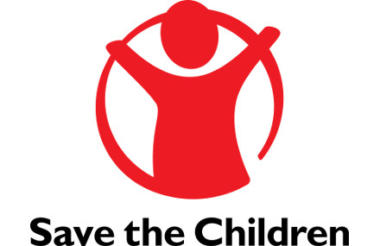Save the Children has been criticised in The Times over its long-running partnership with a company accused of killing almost 100 people in South Korea.
According to an article in The Times newspaper today, the charity signed a deal with Reckitt Benckiser, the company behind Nurofen, Dettol and Durex, in 2003 and has received £30m from the company through fundraising initiatives since then.
But a source quoted today by the Times said there were pressures on the charity to sever ties with the company that has “blood on its hands”.
In 2012, Reckitt Benckiser was fined after it was discovered that a disinfectant in one of its humidifiers was linked to the death of several women and children. It was also accused of falsely labelling the product as safe and "bribing medical researchers with tens of thousands of dollars in 2011 to say that the disinfectant was safe", according to the Times.
To date the company has spent £319m on compensation claims and set up a £6m "humanitarian fund".
This morning, a spokesman for the Charity Commission said it will “contact the charity for further information”.
“The Charity Commission expects charities to ensure that arrangements with commercial partners are consistent with their values and protect their charity from undue risk, including to its reputation and finances,” he said.
Save the Children’s annual income stands at just over £370m, according to its last set of published accounts.
Its annual report states that “global brands like GSK, RB and Unilever” were “lending their backing to innovative projects in some of the world’s toughest countries”.
“We’re ambitious in wanting to increase our impact to save more children’s lives. But we also know we can’t achieve this on our own,” the report said.
“That’s why we’ve developed ambitious, strategic partnerships with some of the world’s leading companies… By harnessing the power of their core business – fostering innovation, and leveraging our joint knowledge and expertise – together we’re able to deliver life-saving support to millions more children."
The report claims its partnership with RB saw the launch during 2014 of an “ambitious programme to dramatically cut the number of children dying from diarrhoea in Pakistan”.
“RB is investing £23.5m in the Stop Diarrhoea programmes in Pakistan, Nigeria and India and harnessing its core business in support of these programmes,” the report said.
Part of the company’s work with the charity will be to pilot a low-cost disinfectant multi-purpose soap, the charity said.
The charity does not have any projects in South Korea but received funds from “a range of institutional and foundation donors” in the country for its Family First programme in Indonesia.
A spokesman for Save the Children told Civil Society News the charity operated a "robust process for deciding whether to accept money from companies".
"All our partnerships are assessed every year to ensure any developments are taken into account, and we continually evaluate their impact. Throughout our partnership with RB we have maintained an open dialogue and monitored their business practices," he said.
"We are deeply saddened over the lives lost and harm inflicted on the victims in South Korea. RB is one of a number of companies that have accepted responsibility and has promised to compensate those affected."









